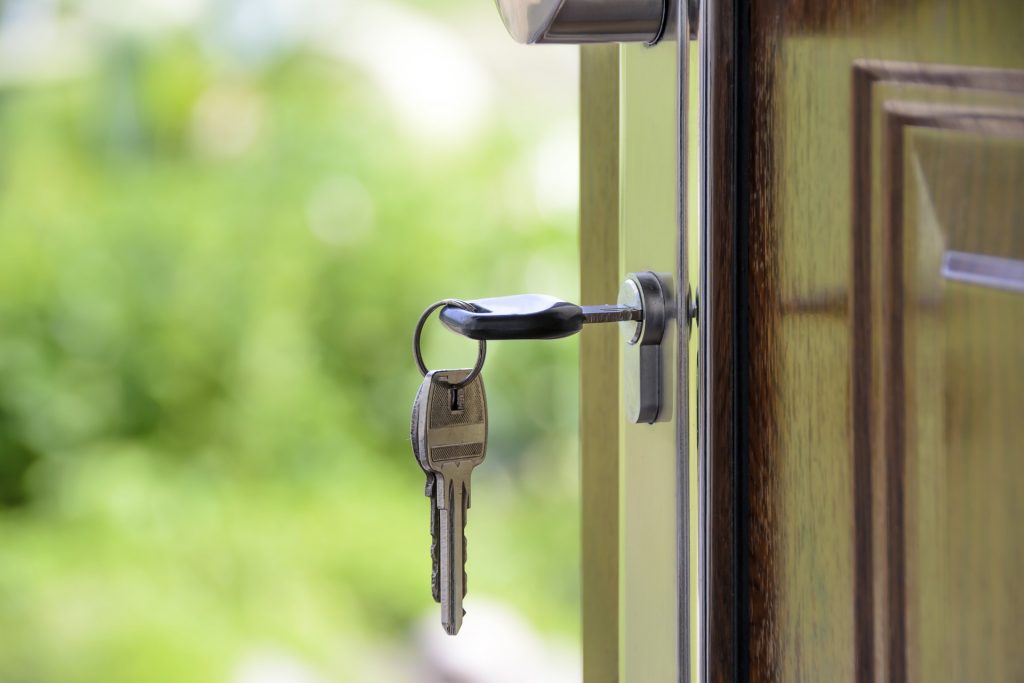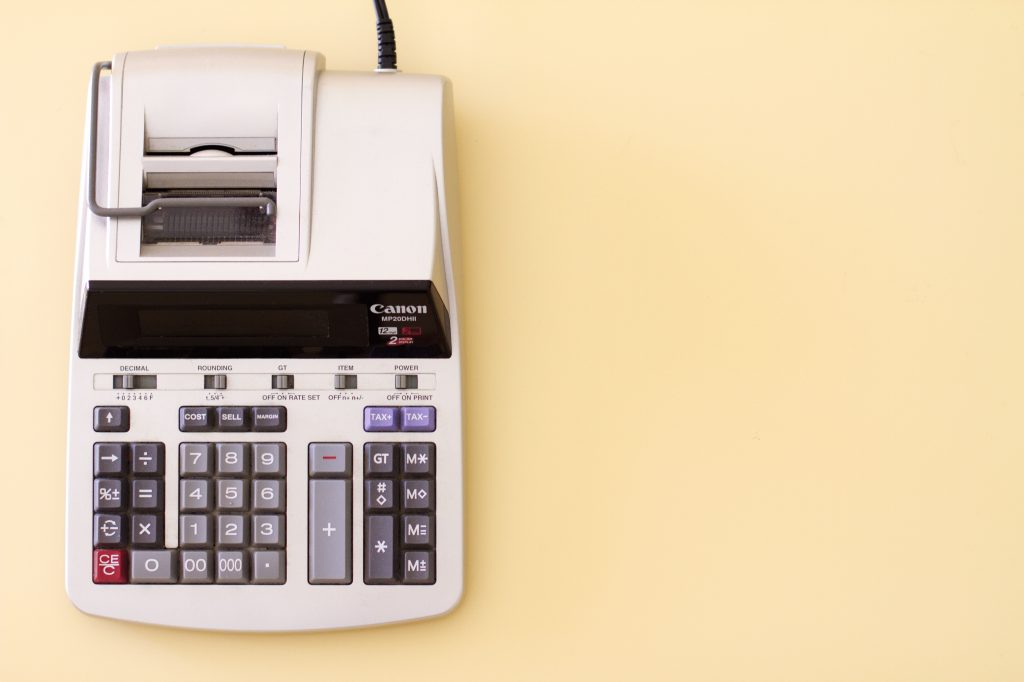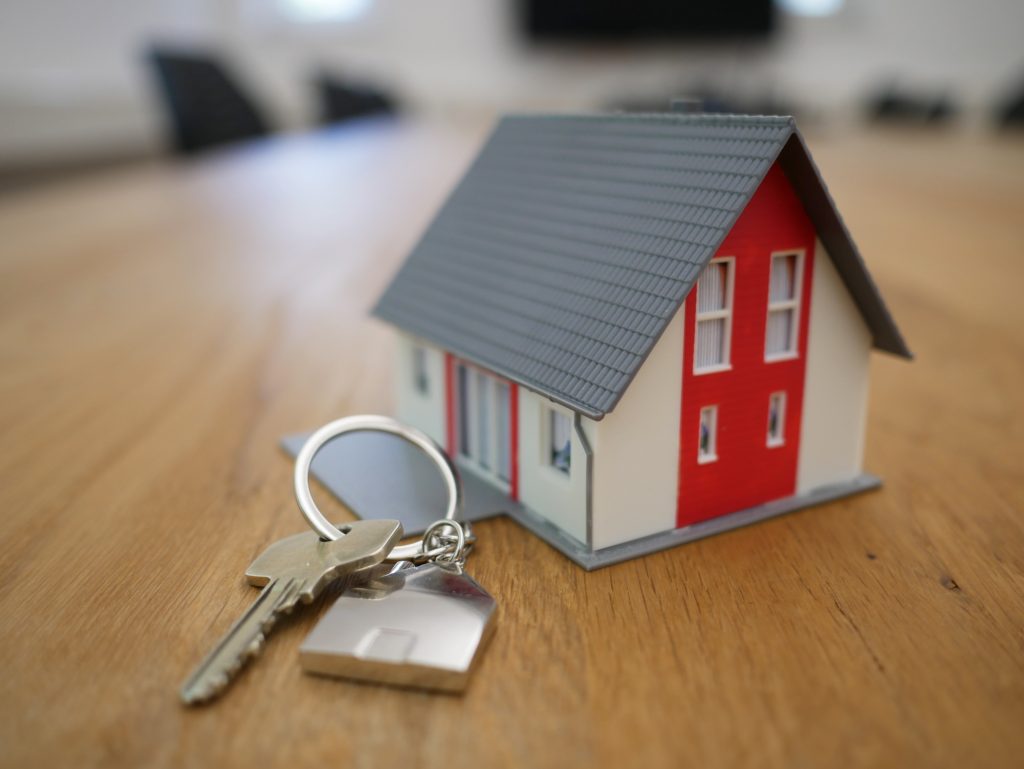Save Time, Money & Stress With This Simple Key To Effective Mortgage Shopping

When you’re shopping for a mortgage, a good mortgage lender will ask you plenty of questions to better understand who you are, where you are in your finances and what your future goals are in order to provide you with the best mortgage options that are tailored to your needs and lifestyle.
As such, understanding and clearly defining your needs, financial realities and future plans is crucial in obtaining the best mortgage. That’s why I recommend that, before you even begin looking for a mortgage – let alone call a lender for one – give some thought to your current situation and what you want. Start by budgeting.
Now, hold on, I know what you’re thinking “Aw man, budgeting! I was hoping for something a little more exciting.” But trust me, if you want to have a smooth and enjoyable home buying experience, then budgeting before you start mortgage shopping is paramount. This is the time to sit down with your spouse – or yourself if you’re riding solo – and ask important and detailed questions about your present situation and where, financially, you want to be in the future.
What Is A Budget?

Before we can get into the gist of why it’s necessary to budget prior to mortgage shopping, we must first understand what a budget is.
A budget is a tool used to organize and evaluate what you have coming in (revenue) and what you have going out (expenses) over a specified future period of time and is usually re-organized and re-evaluated periodically. It is useful in setting goals and planning how to attain those goals. In other words, a budget is a great tool designed for money management.
A budget can also serve as a retrospective tool enabling you to look back on your spending habits and define where your money is going so as to better understand your priorities and values.
Why Is Budgeting So Important With Respect To Mortgage Shopping?
Let’s face it, buying a home, especially if it is your first time, is probably the largest and most significant financial decision you will make. And because it is such a serious decision, wouldn’t you agree that thinking about it and planning for it beforehand is imperative?
I have worked with many first-time homebuyers who just jumped in the game of real estate without taking the time to thoughtfully consider their financial situation and guess what their outcome was – complications, delays and declines in their mortgage applications. It’s harsh but it’s true. This is why I am writing this article, to equip you and other homebuyers with adequate knowledge in making wise mortgage choices so you can avoid similar pitfalls and disappointments.
Now, don’t get me wrong. I’m not saying that you need to know everything about your current financial situation or everything about your future plans and goals. I’m saying that you need to have a general idea of what kind of mortgage would be best for you and a budget is one of the easiest ways to do that.
So, without further ado, let’s get into it.
1. A Budget Will Reveal To You Your Values And Priorities
It’s important to understand that budgeting, as it relates to buying a home, is not only about knowing the maximum you qualify for, but also about knowing what your own personal spending habits are.
Like I mentioned before (under ‘What is a budget?’), knowing your spending habits will reveal to you your values and your priorities. In other words, a budget will give you a clear picture of where your money is going so that you can easily define what you value and what you prioritize. With this in mind, you can look for a mortgage product that will be best tailored to your spending habits so that you don’t have to drastically change your lifestyle because you’re financially strained each month, or worse, regret your mortgage and lose your home because you can’t afford it!
2. A Budget Will Help You Make A Realistic Assessment Of What It’s Going To Cost You To Own A Home

Through a budget, you’re able to see what your new expenses would be as a homeowner versus what you’re paying now (as a tenant or if you are living with family) and it will give you a clear picture of how the purchase of a home will influence your lifestyle choices. A few questions to ask yourself in determining the cost are:
- What type of house/property do you need?
- Will your transportation costs change as you move closer to or further from work?
- What are the extra utility costs?
- What are the maintenance costs of the property?
As you go through this exercise, you’ll be able to determine whether or not it makes financial sense to go ahead with buying a home. You may even discover that making this investment will save you money. But, in case you discover that you’re not ready, no worries, you can pull out before it gets too complicated.
As your local mortgage expert, I am happy to analyze your current situation a year or so in advance and tell you how much house and monthly payments you can afford. If that sounds like something you could benefit from, feel free to contact me so we can get you all the answers you need.
Last, but definitely not least on why you should be budgeting before mortgage shopping:
3. A Budget Will Help You Put Together Your Down Payment

Your down payment is a percentage of the purchase price on your home and can be as little as 5% or as much as you like! Figuring out how much of a down payment you have available and where it’s coming from is non-negotiable when it comes to having a successful home buying experience. So, instead of just ‘thinking’ or assuming you have enough for a down payment, you can use a budget to clearly define how much you have available and organize where it’s coming from. For instance, let’s say you want to have at least $40K available for your down payment. With a budget, you can set out a plan on how you’re going to raise that $40K by allocating resources in an organized and efficient manner.
There are several different avenues from which you can get your down payment. Some of these government-approved sources include:
- Your own resources, such as savings
- A gift from a close family member
- Borrowed funds against proven assets
- A withdrawal from RRSP’s
- An Equity grant that is non-refundable from a federal, provincial or municipal agency (e.g. the First-Time Home Buyer Incentive Program).
What Should You Take From This?

The fact of the matter is, “If you fail to plan then plan to fail.” That’s what budgeting is all about – planning to reach your desired goal. So, before you start mortgage shopping, take the time to figure out your financial situation and needs. Use a budget to assess your priorities and values; to determine the real cost of what owning a home will cost you versus renting or living with your family, and to prepare a reasonable down payment towards your purchase.
Once you have clearly defined what you want and set out a plan, THEN you’re ready to start contacting mortgage lenders to help you find the right mortgage options for you and your family.
What’s The Next Step?
As I mentioned at the beginning of this article, a good mortgage lender will ask you lots of questions with respect to your financial situation and needs in order to provide you with the right mortgage options. However, there are also many important questions you, as the client, must ask your lender too – in order to make sure you’re getting a mortgage that fits you correctly. I’ve therefore prepared an in-depth report entitled “11 Questions To Ask Before Getting A Mortgage”. In it you’ll find full details on questions to ask your lender like:
- Would you recommend a closed mortgage or an open mortgage?
- What’s the minimum down payment for this loan?
- Is there a prepayment penalty?
- What are some of the things that could slow the approval process?
- And more!
Make sure you’re as well-prepared for your mortgage application as your lender is. To request your free copy of this invaluable insider information, follow the link below.
Trust me, you’ll be glad you did.
